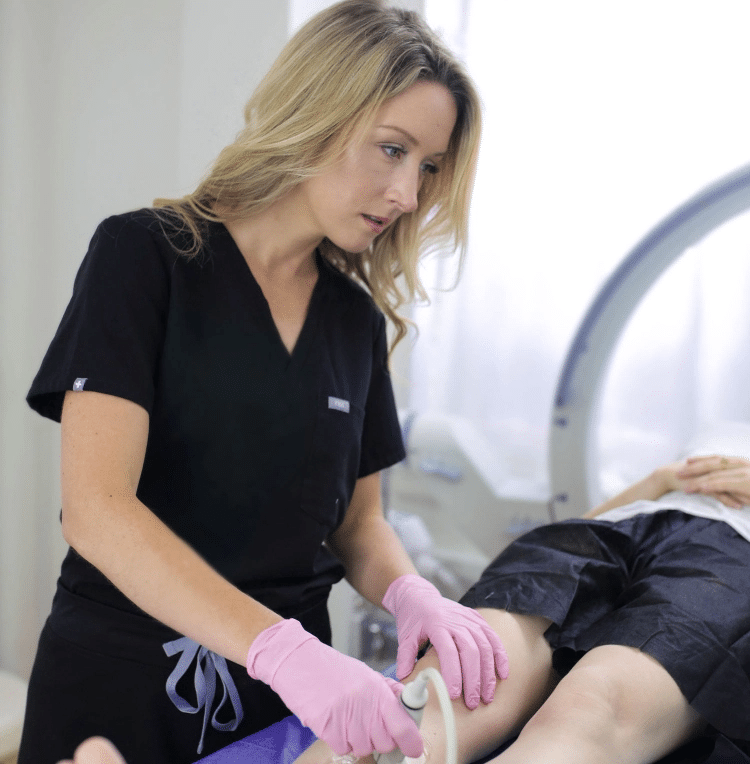A common health condition, varicose veins can be troublesome for many people as they have to suffer through pain, heaviness, discomfort, twisted veins, and many other critical issues. It is one of the common medical health conditions that can influence the overall health of many people.
Eat More Flavonoid
Adding flavonoid-rich foods to your diet can also aid in the management of varicose veins. Flavonoids improve blood circulation, lowering the possibility of blood collecting in your veins. They also reduce artery blood pressure and induce blood vessel relaxation. You can heal varicose veins by consuming foods like chocolate, garlic, grapes, cherries, apples, bell peppers, citrus fruits, onions, and bell peppers.
Herbal Remedies
Consider using a natural medicine called grape seed extract (Vitis vinifera). Lower leg edema and other symptoms of chronic venous insufficiency could be helped by it. However, before using grape seed extract, see your doctor if you are on blood thinners since it may interact with them and increase the likelihood of bleeding.

Choose Non-Restrictive Clothing
Wearing tight-fitting clothes can restrict blood flow to your legs. For improved circulation, opt for loose-fitting attire that doesn't hinder blood supply to your lower body. Ditch the high heels, too, as flat shoes can be more comfortable for your veins.
Keep the Legs Elevated
Elevating your legs, ideally at or above heart level, can significantly improve circulation and reduce pressure in your leg veins. This natural remedy works wonders when you have to sit for extended periods, whether at work or during relaxation.
Massage
A soothing massage can help keep the blood moving through your veins. Use gentle massage oils or moisturizers to maximize the effect. Remember not to press directly onto the veins, as they are delicate and easily damaged.
Stay Active for Circulation
To prevent further discomfort, avoid sitting for extended periods. If you have no choice but to sit for long hours due to work or other commitments, make it a point to get up and move around or change positions frequently. Crossed legs can restrict blood flow to the legs and feet, compounding circulation problems.

One of the common questions asked by many people are varicose veins covered by insurance? Yes, many healthcare professionals are providing insurance facilities and flexible payment plans for varicose vein treatment with the intent to make the procedure accessible for everyone.
Vascular specialist or vascular doctor are venous disease experts who diagnose and recommends the right line of treatment to patients according to their condition. When to see a Vascular Doctor? You must consult a Vascular specialist if you feel any issues related to blood vessels and circulatory system. Twisted, enlarged, and bulgy are early signs of venous disease, which can cause complexity if not treated on time. Another reason to get a consultation from a vascular physician is hypertension, aneurysms, or a family history of vascular conditions.
Wrapping It Up
You don’t need to worry about your health, as varicose veins are not a life-threatening disease, as it is a common condition that can happen to anyone. However, preventive care and maintenance should be needed to recover from health.